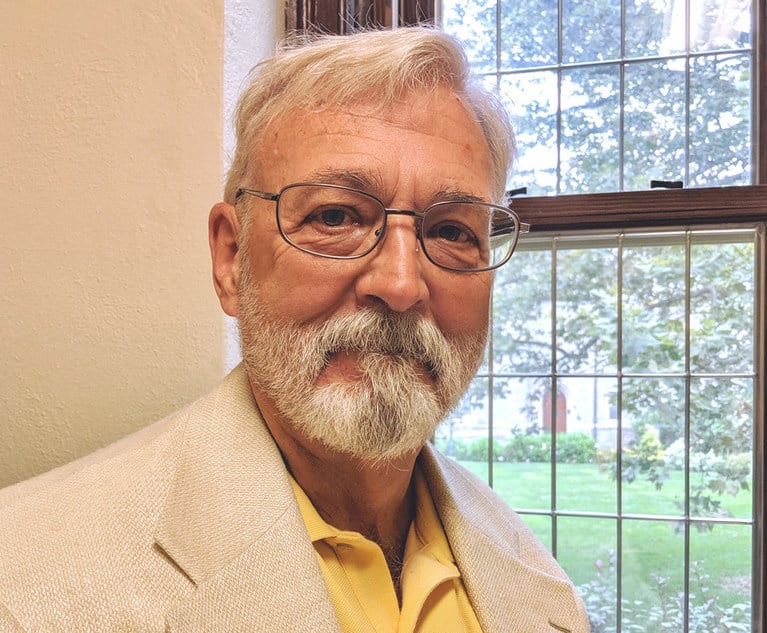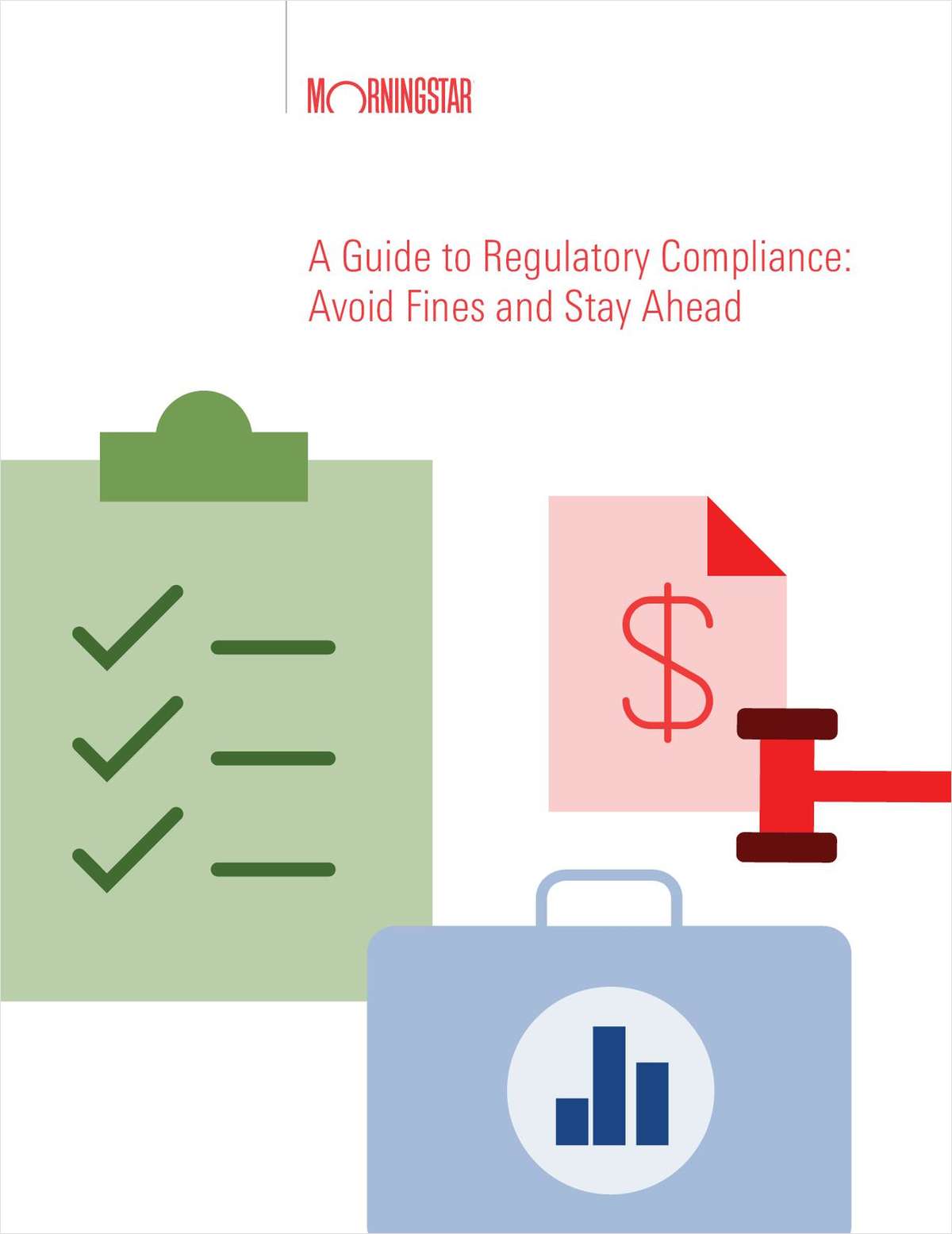Freedom of Speech and Patient Safety Prevail Over Gun Lobby
In the first few years of a child's life, a pediatrician will ask parents a series of questions about household safety: Do you have a pool? Where do you keep cleaning supplies? Do you smoke? Do you have pets? What is the temperature setting on your water heater? Do you own a gun? Such inquiries appropriately explore patient safety at home.
July 01, 2017 at 12:43 AM
6 minute read
In the first few years of a child's life, a pediatrician will ask parents a series of questions about household safety: Do you have a pool? Where do you keep cleaning supplies? Do you smoke? Do you have pets? What is the temperature setting on your water heater? Do you own a gun? Such inquiries appropriately explore patient safety at home.
Only the last question provoked the ire of pro-gun legislators, activists and legal scholars, creating a legal showdown between the First and Second Amendments in the Eleventh Circuit, stemming from Florida's Privacy of Firearms Owner's Act. As the current Congress and executive administration act to repeal gun control measures, including the repeal of restrictions barring certain mentally ill individuals from owning guns, the roles of the physician as health care provider and mandatory reporter of abuse and neglect rely unconditionally on the physician's First Amendment rights.
Many physicians in Florida rightly saw the Firearms Owner's Act as a violation of their First Amendment rights and a group brought suit against the state (Wollschlaeger v. Governor of the State of Florida). The U.S. District Court for the Southern District of Florida agreed with the physicians, noting that the physicians' questioning does not interfere with the right to keep and bear arms, but that the law directly interferes with a physician's First Amendment right to free speech. On appeal, the Eleventh Circuit sided with Florida and the same three-judge panel ruled three times on the issue, offering multiple reasons why the law was reasonable and constitutional (noting at first that the law was a valid restriction on physicians' speech, then applying the same argument under a slightly more strenuous level of review, again finding in Florida's favor, and finally stating that even under a strict scrutiny review, the government would have a compelling interest in protecting the right to keep and bear arms under the Second Amendment). Thankfully, the full panel of the Eleventh Circuit has recently ruled in a 10-1 decision that the law violates the First Amendment rights of physicians and other medical care providers.
This content has been archived. It is available through our partners, LexisNexis® and Bloomberg Law.
To view this content, please continue to their sites.
Not a Lexis Subscriber?
Subscribe Now
Not a Bloomberg Law Subscriber?
Subscribe Now
NOT FOR REPRINT
© 2025 ALM Global, LLC, All Rights Reserved. Request academic re-use from www.copyright.com. All other uses, submit a request to [email protected]. For more information visit Asset & Logo Licensing.
You Might Like
View All
Censorship or Security Measure? TikTok Ban Pits Civil Liberties Groups Against US Officials

Supreme Court Takes Up TikTok's Challenge to Upcoming Ban or Sale

Justices Weigh Constitutional Standard Applicable to Law Banning Trans Care
Trending Stories
- 1'Pull Back the Curtain': Ex-NFL Players Seek Discovery in Lawsuit Over League's Disability Plan
- 2Tensions Run High at Final Hearing Before Manhattan Congestion Pricing Takes Effect
- 3Improper Removal to Fed. Court Leads to $100K Bill for Blue Cross Blue Shield
- 4Michael Halpern, Beloved Key West Attorney, Dies at 72
- 5Burr & Forman, Smith Gambrell & Russell Promote More to Partner This Year
Who Got The Work
Michael G. Bongiorno, Andrew Scott Dulberg and Elizabeth E. Driscoll from Wilmer Cutler Pickering Hale and Dorr have stepped in to represent Symbotic Inc., an A.I.-enabled technology platform that focuses on increasing supply chain efficiency, and other defendants in a pending shareholder derivative lawsuit. The case, filed Oct. 2 in Massachusetts District Court by the Brown Law Firm on behalf of Stephen Austen, accuses certain officers and directors of misleading investors in regard to Symbotic's potential for margin growth by failing to disclose that the company was not equipped to timely deploy its systems or manage expenses through project delays. The case, assigned to U.S. District Judge Nathaniel M. Gorton, is 1:24-cv-12522, Austen v. Cohen et al.
Who Got The Work
Edmund Polubinski and Marie Killmond of Davis Polk & Wardwell have entered appearances for data platform software development company MongoDB and other defendants in a pending shareholder derivative lawsuit. The action, filed Oct. 7 in New York Southern District Court by the Brown Law Firm, accuses the company's directors and/or officers of falsely expressing confidence in the company’s restructuring of its sales incentive plan and downplaying the severity of decreases in its upfront commitments. The case is 1:24-cv-07594, Roy v. Ittycheria et al.
Who Got The Work
Amy O. Bruchs and Kurt F. Ellison of Michael Best & Friedrich have entered appearances for Epic Systems Corp. in a pending employment discrimination lawsuit. The suit was filed Sept. 7 in Wisconsin Western District Court by Levine Eisberner LLC and Siri & Glimstad on behalf of a project manager who claims that he was wrongfully terminated after applying for a religious exemption to the defendant's COVID-19 vaccine mandate. The case, assigned to U.S. Magistrate Judge Anita Marie Boor, is 3:24-cv-00630, Secker, Nathan v. Epic Systems Corporation.
Who Got The Work
David X. Sullivan, Thomas J. Finn and Gregory A. Hall from McCarter & English have entered appearances for Sunrun Installation Services in a pending civil rights lawsuit. The complaint was filed Sept. 4 in Connecticut District Court by attorney Robert M. Berke on behalf of former employee George Edward Steins, who was arrested and charged with employing an unregistered home improvement salesperson. The complaint alleges that had Sunrun informed the Connecticut Department of Consumer Protection that the plaintiff's employment had ended in 2017 and that he no longer held Sunrun's home improvement contractor license, he would not have been hit with charges, which were dismissed in May 2024. The case, assigned to U.S. District Judge Jeffrey A. Meyer, is 3:24-cv-01423, Steins v. Sunrun, Inc. et al.
Who Got The Work
Greenberg Traurig shareholder Joshua L. Raskin has entered an appearance for boohoo.com UK Ltd. in a pending patent infringement lawsuit. The suit, filed Sept. 3 in Texas Eastern District Court by Rozier Hardt McDonough on behalf of Alto Dynamics, asserts five patents related to an online shopping platform. The case, assigned to U.S. District Judge Rodney Gilstrap, is 2:24-cv-00719, Alto Dynamics, LLC v. boohoo.com UK Limited.
Featured Firms
Law Offices of Gary Martin Hays & Associates, P.C.
(470) 294-1674
Law Offices of Mark E. Salomone
(857) 444-6468
Smith & Hassler
(713) 739-1250











